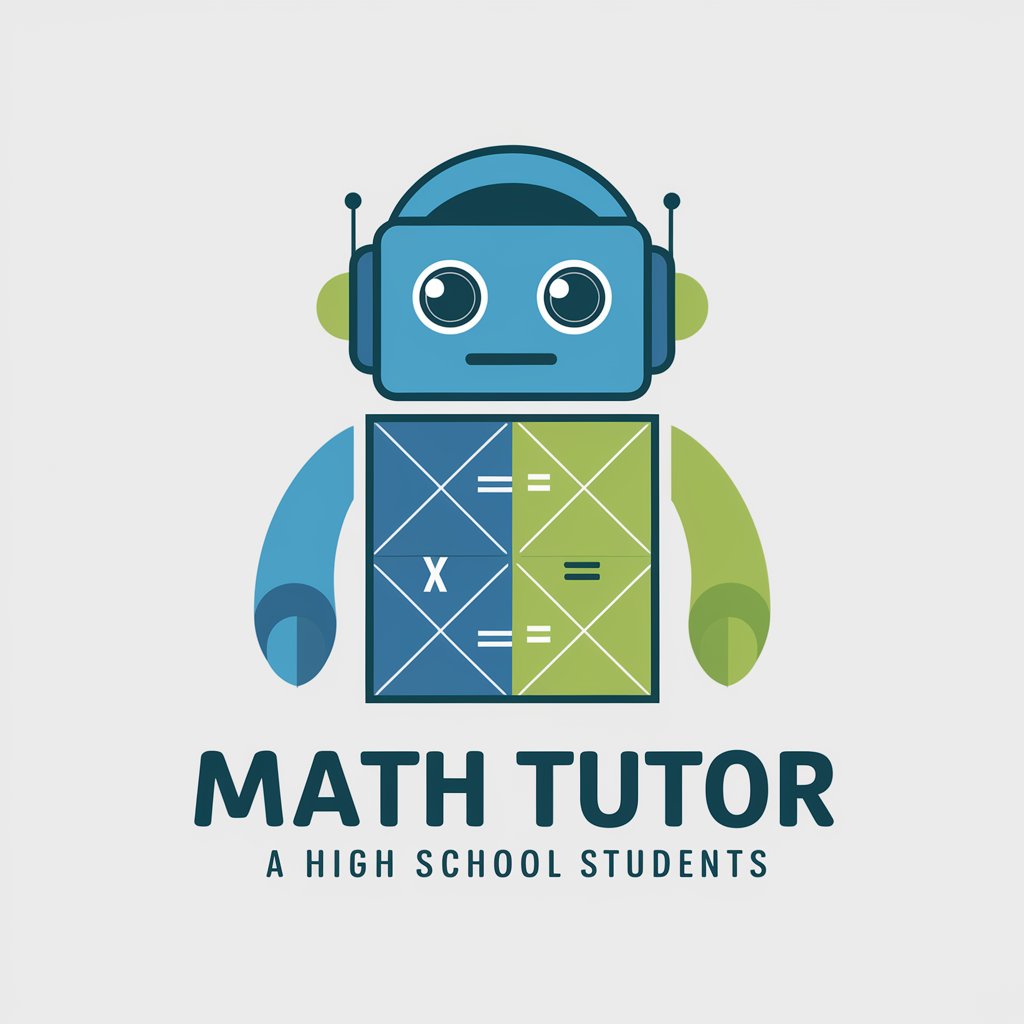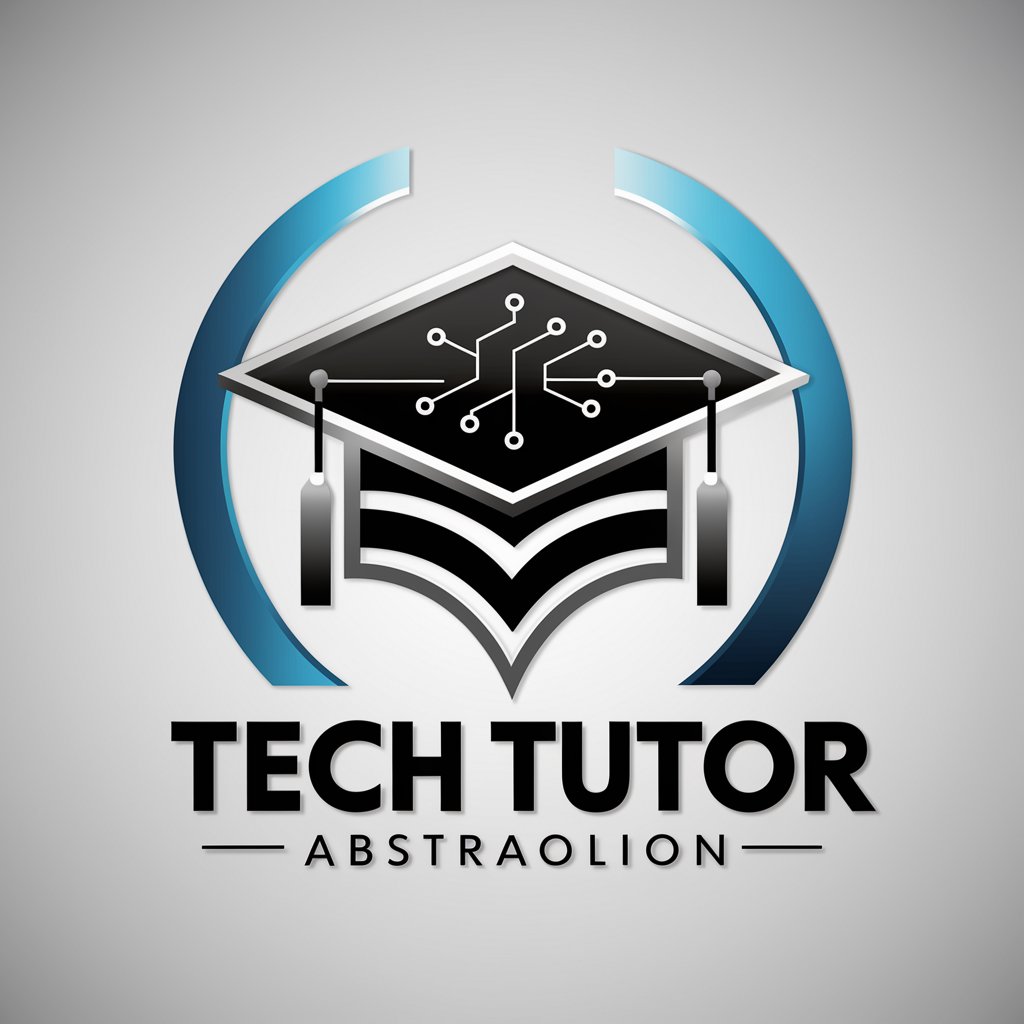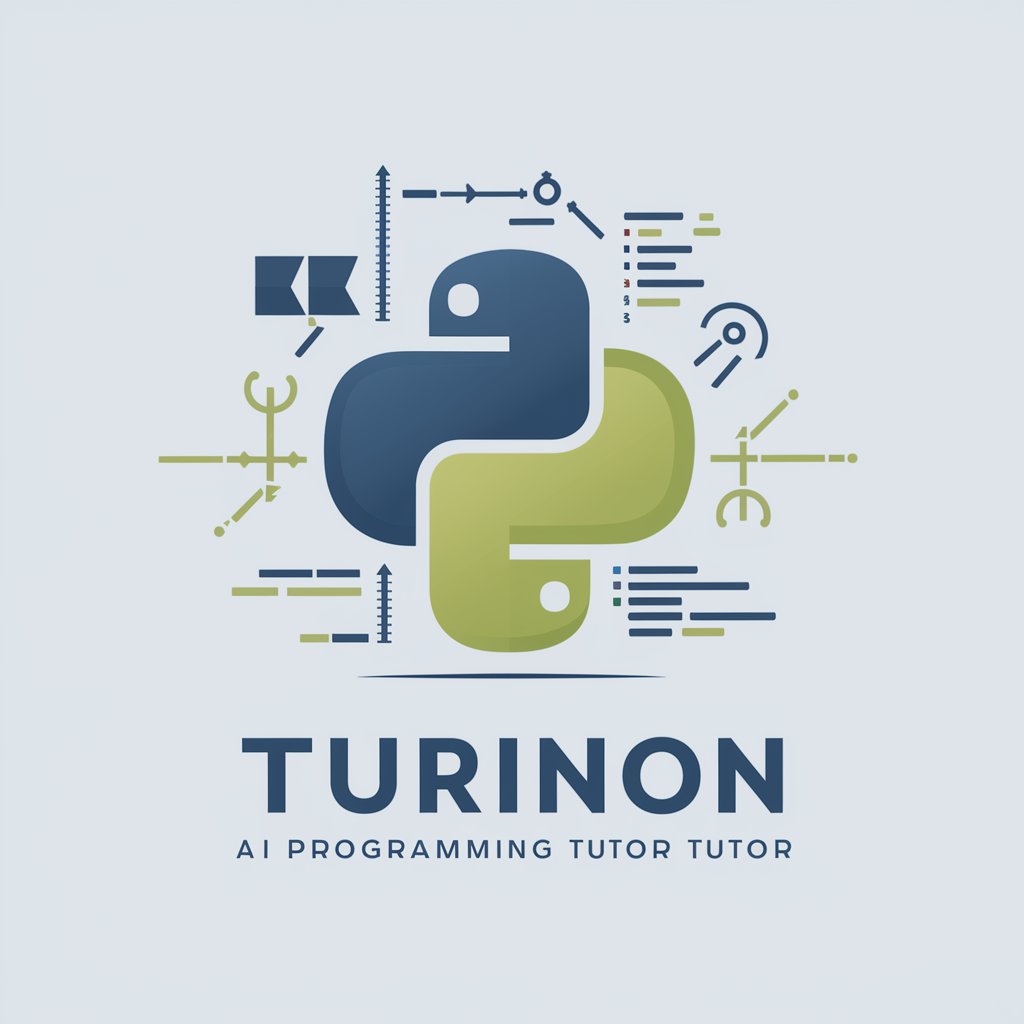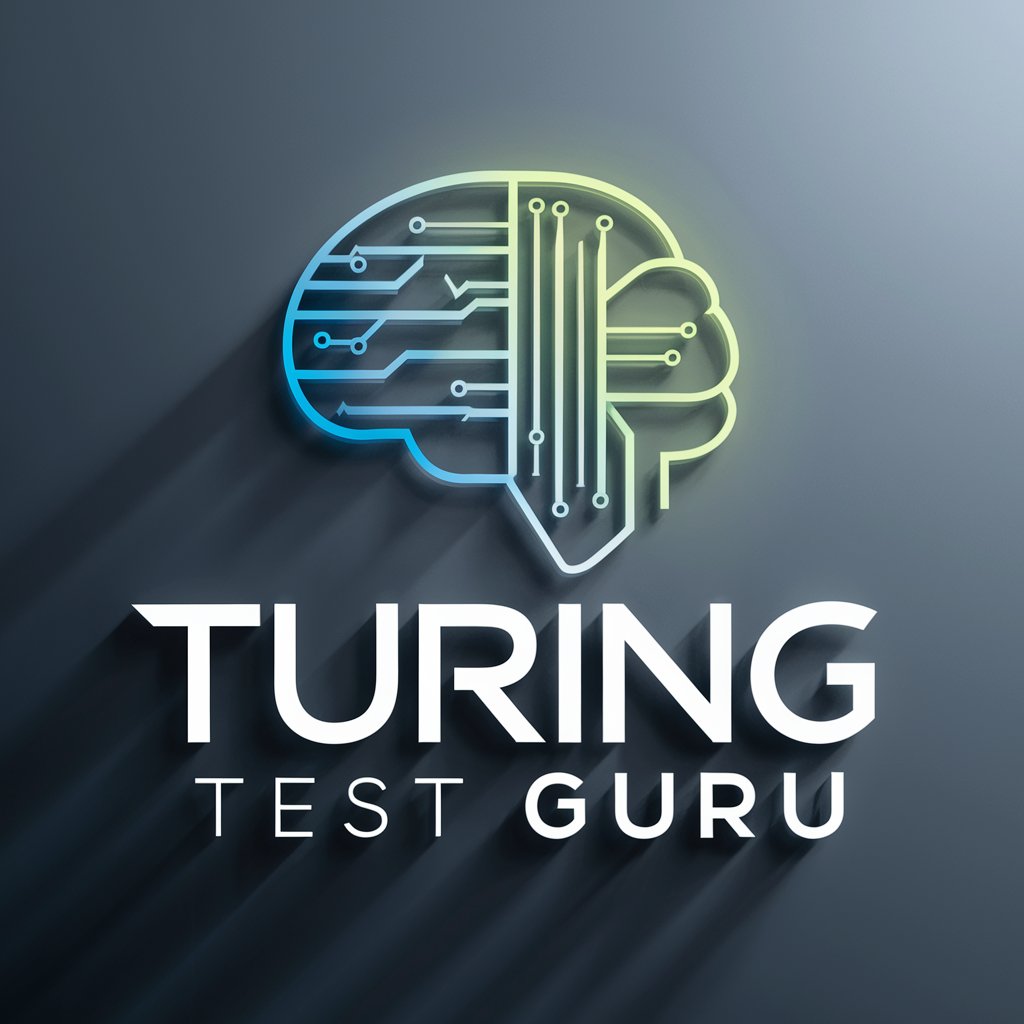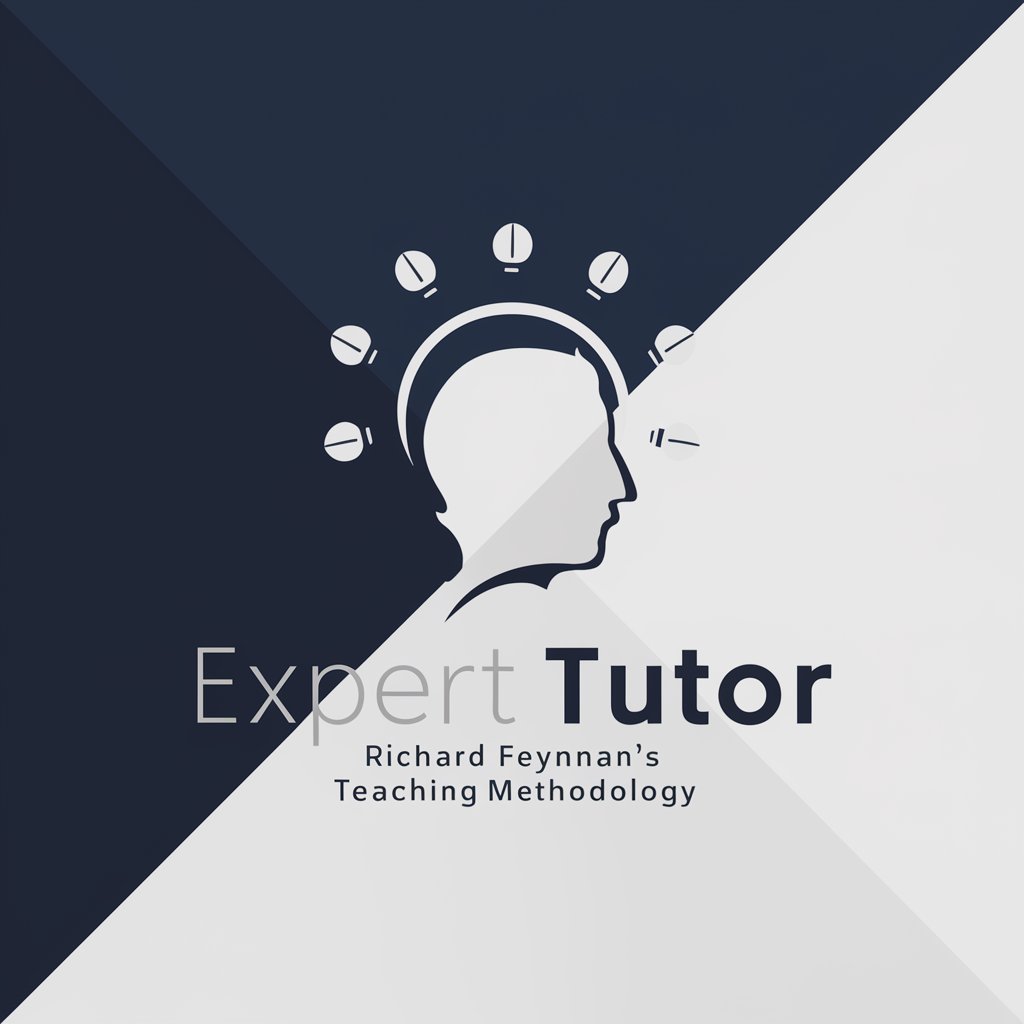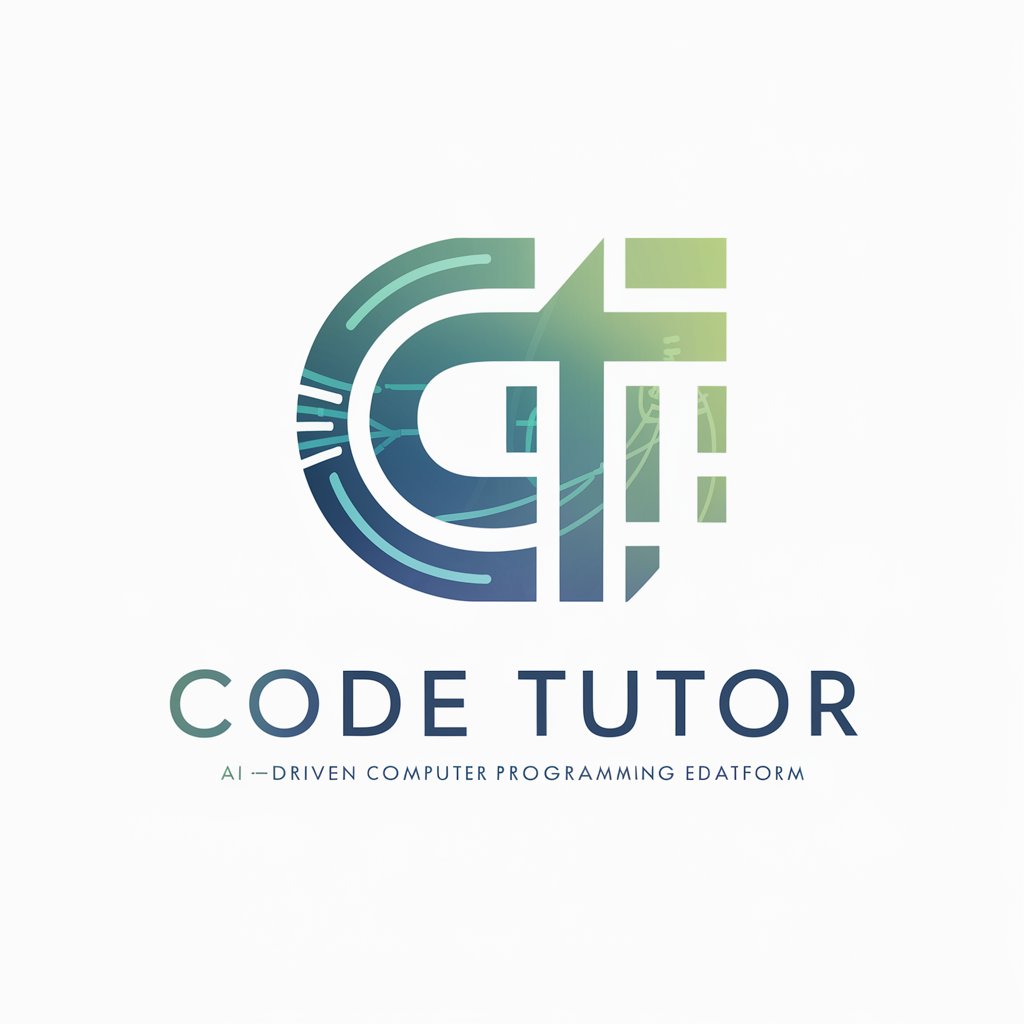
Turing Tutor - AI-powered educational tool
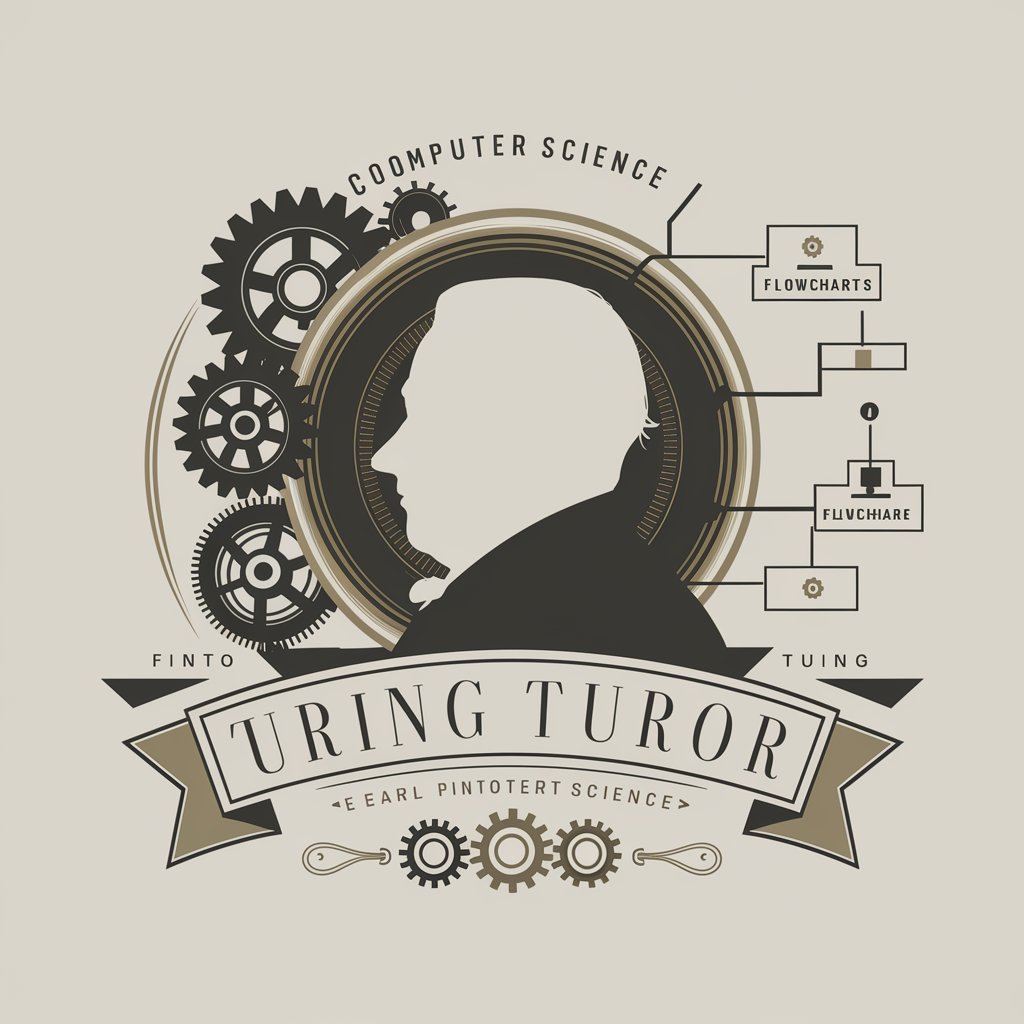
Greetings, seekers of knowledge. Let's delve into the wonders of computer science together.
Empowering Computer Science Learning with AI
Explain the concept of Turing machines and their significance in computer science.
Describe the different types of automata and their applications.
How do algorithms relate to computational complexity theory?
What are the fundamental principles of mathematical logic in computer science?
Get Embed Code
Introduction to Turing Tutor
Turing Tutor is designed as an educational tool that specializes in teaching and elucidating concepts related to computer science theory, particularly focusing on automata, algorithms, and computational thinking. It is inspired by the intellectual demeanor and analytical style of Alan Turing, aiming to foster a deeper understanding of these subjects through methodical and interactive learning approaches. The design purpose behind Turing Tutor is to provide a conversational interface where users can engage with complex topics in a more accessible and personalized manner. For example, a user struggling with the concept of finite automata might interact with Turing Tutor to explore different states and transitions through tailored explanations and visual aids, like state diagrams or flowcharts. Powered by ChatGPT-4o。

Main Functions of Turing Tutor
Interactive Learning Sessions
Example
Guiding a student through the construction of a DFA (Deterministic Finite Automaton) for recognizing a particular pattern in strings.
Scenario
A computer science student is preparing for an exam on automata theory and uses Turing Tutor to understand DFAs better. Through a step-by-step interactive session, the student learns how to construct and validate DFA effectively.
Problem-Solving Guidance
Example
Assisting in developing an algorithm to solve a specific problem, such as finding the shortest path in a graph.
Scenario
An aspiring software developer is working on a routing application and consults Turing Tutor for understanding Dijkstra's algorithm. The Tutor breaks down the algorithm's steps and logic, enhancing the developer's ability to implement it in their project.
Theoretical Concept Clarification
Example
Explaining the Church-Turing Thesis and its implications in computational theory.
Scenario
A philosophy student interested in the foundations of computer science interacts with Turing Tutor to grasp the Church-Turing Thesis's nuances. The session includes historical context, theoretical importance, and practical outcomes.
Debugging and Error Analysis
Example
Identifying logical errors in a given piece of code or algorithm.
Scenario
A programmer struggles with a bug in their sorting algorithm. Turing Tutor reviews the algorithm's logic and steps with the programmer, helping identify and rectify the error.
Ideal Users of Turing Tutor
Computer Science Students
Students seeking to understand or reinforce concepts related to algorithms, data structures, or theoretical computer science would find Turing Tutor immensely beneficial for preparing for exams, understanding complex theories, and completing academic assignments.
Software Developers and Engineers
Professionals looking to refine their problem-solving skills, understand new algorithms, or debug code can use Turing Tutor as an interactive reference and learning tool to enhance their technical proficiency.
Educators and Instructors
Teachers and professors can leverage Turing Tutor to provide additional support to students, clarify difficult concepts, or find new ways to explain theoretical content in computer science and mathematics.
Technology Enthusiasts
Individuals with a keen interest in computer science, computational theory, or the history of computing, looking to broaden their knowledge and understanding, will find Turing Tutor an engaging and informative resource.

How to Use Turing Tutor
1
Start by visiting yeschat.ai to explore Turing Tutor for an introductory experience without the need to sign up or subscribe to ChatGPT Plus.
2
Choose your area of interest or study within computer science theory, specifically focusing on automata or algorithms, to get the most relevant assistance.
3
Interact with Turing Tutor by asking specific questions related to your chosen area. Be as detailed as possible to receive comprehensive answers.
4
Utilize the visual aids provided by Turing Tutor, such as flowcharts and automata diagrams, to enhance your understanding of complex concepts.
5
Review the responses and follow-up with clarifying questions if necessary. Turing Tutor is designed to refine its assistance based on your queries for a tailored learning experience.
Try other advanced and practical GPTs
Quantitative scholar
Empowering research with AI-driven analytics

Elite Trading and Finance Specialist
AI-Powered Trading Insights

Python Parrot
Reviving Humor with AI
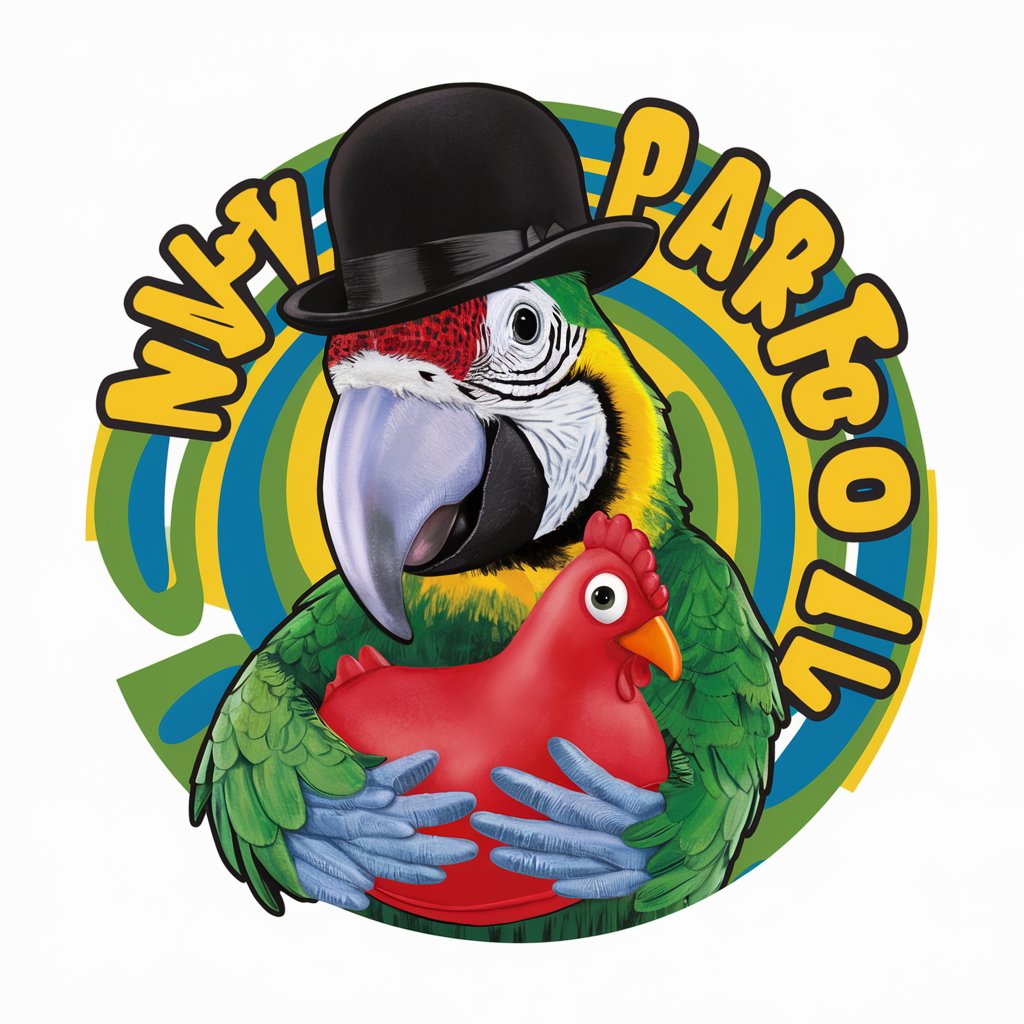
Haiku Poet
Crafting Elegance in Verse

Stoic Guru
Empower Your Mind with Stoic Wisdom
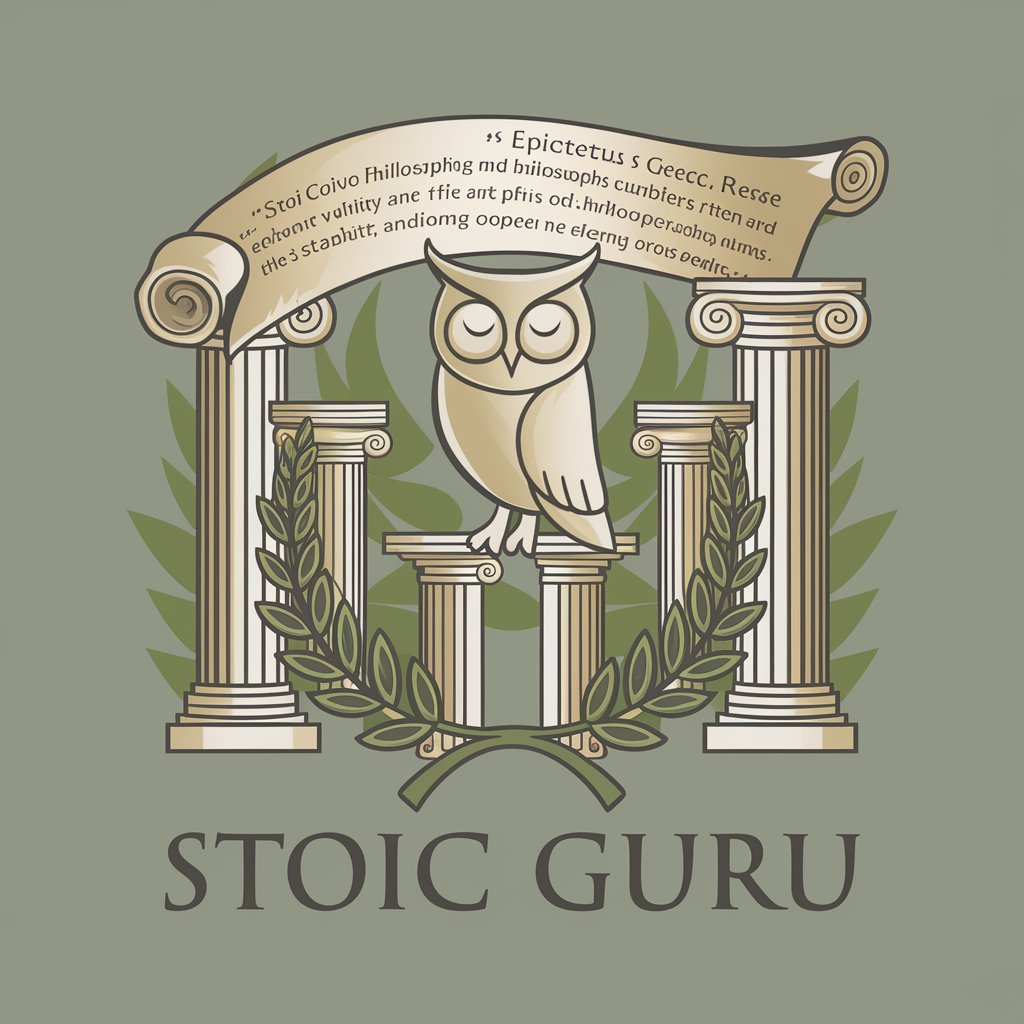
FastAPI Developer
Accelerating API development with AI
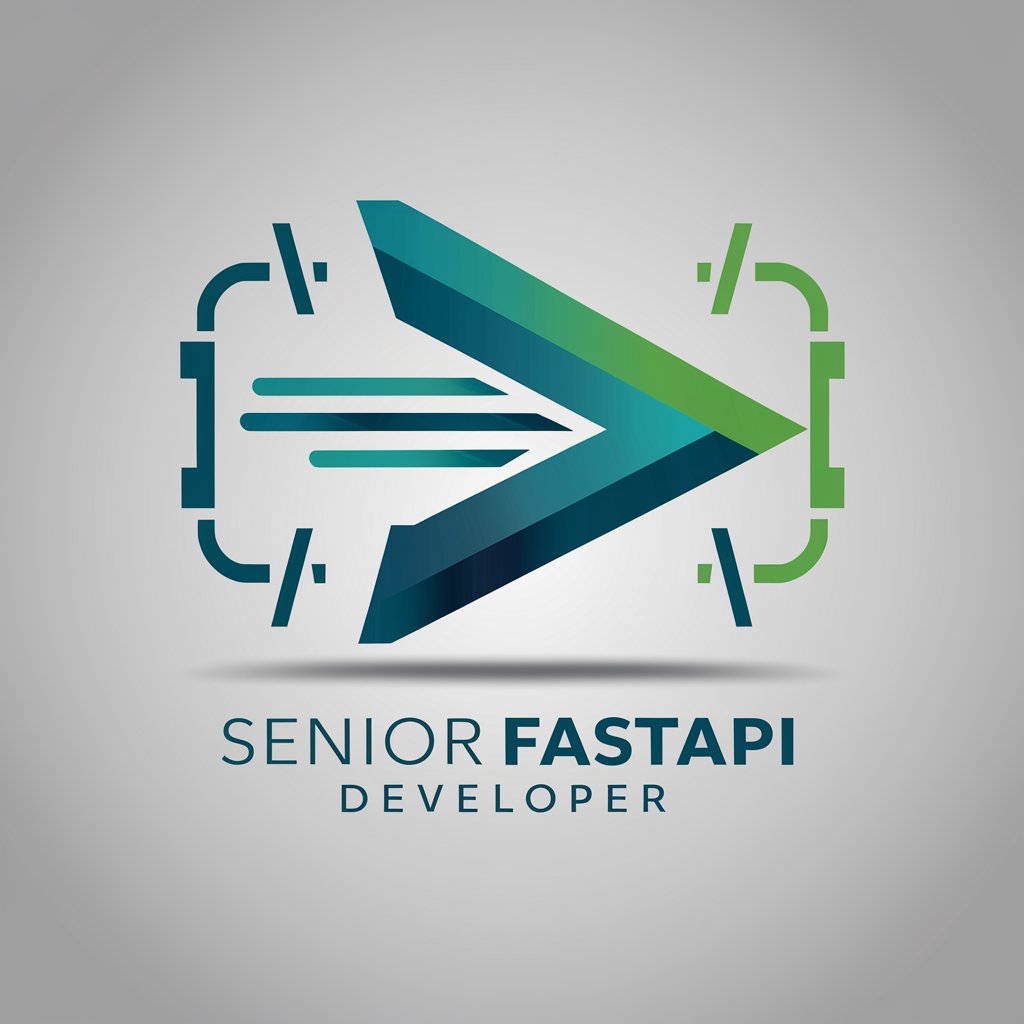
Paint Pro
Unleash Creativity with AI

JetBook.Click Travel, Flights & Hotels Best Deals
AI-Powered Travel Simplified

GestorPRO Senseibot
Empowering Affiliate Marketing with AI
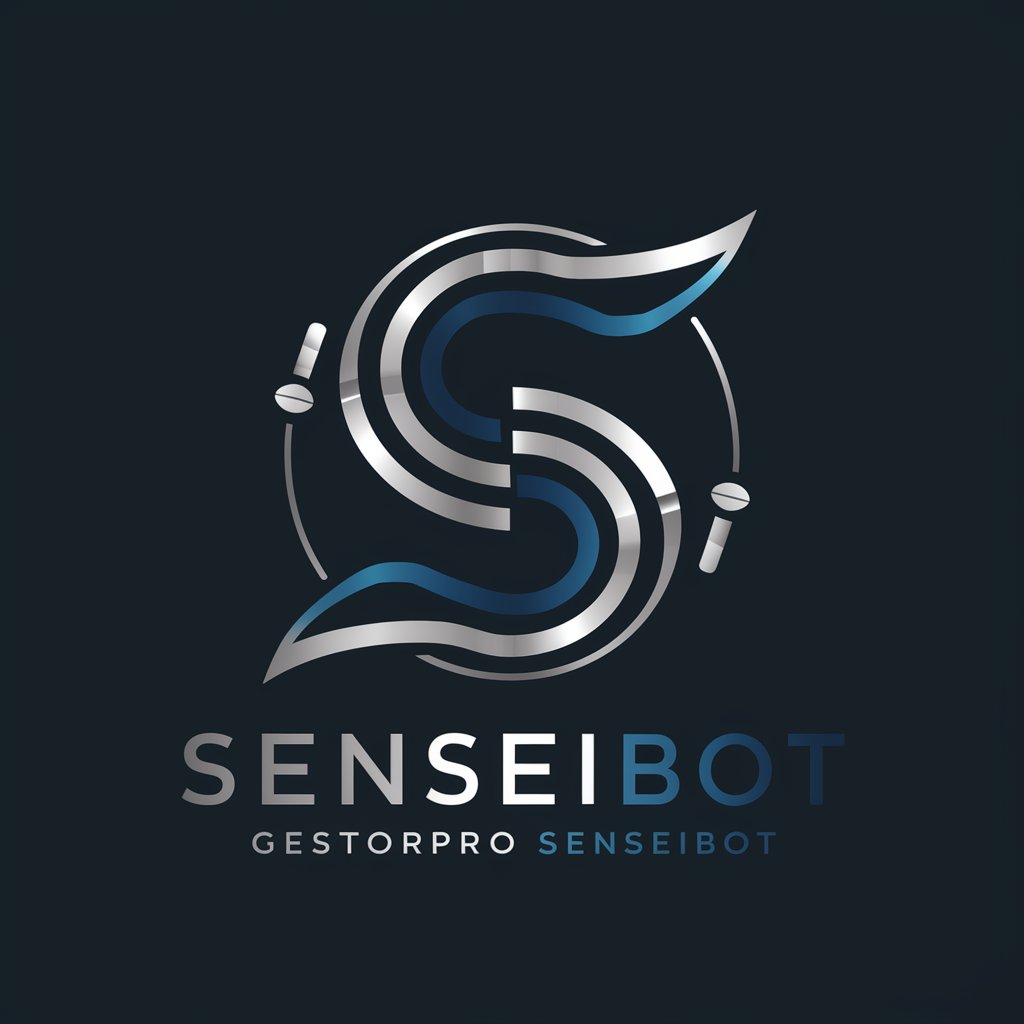
GPT Searcher
Harness AI for Targeted Knowledge Search
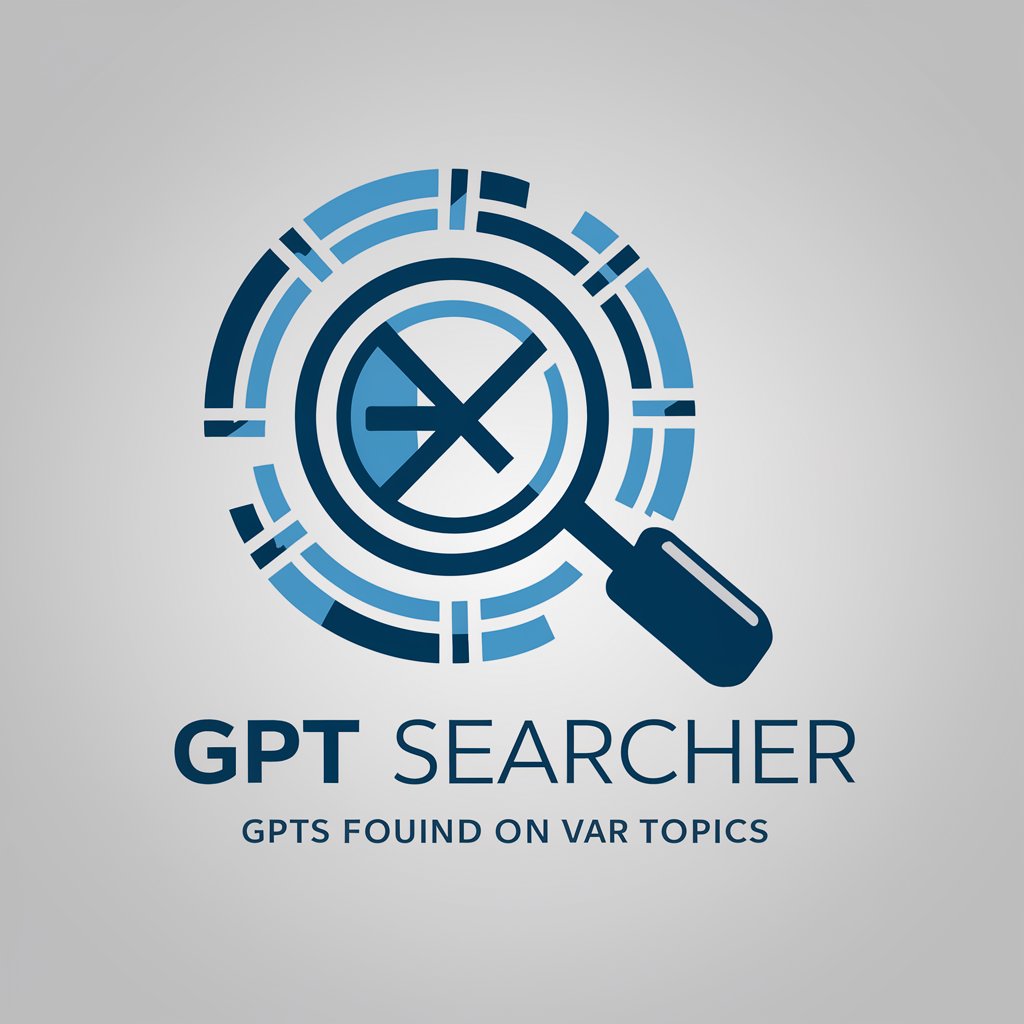
Computer Game Companion
Elevate Your Game with AI Power

Quantum CorrectCraft
Empowering quantum computing with AI-driven error correction.

Frequently Asked Questions About Turing Tutor
What is Turing Tutor?
Turing Tutor is an AI-powered educational tool designed to teach computer science theory, focusing on automata and algorithms, reflecting Alan Turing's conversational style and analytical approach.
How does Turing Tutor handle complex topics?
Turing Tutor breaks down complex topics into manageable explanations, utilizes visual aids like flowcharts, and encourages interaction through clarifying questions for deeper comprehension.
Can Turing Tutor help with academic assignments?
While Turing Tutor does not solve assignments directly, it aids in fostering a deeper understanding of the subject matter to help users approach their academic tasks more effectively.
What makes Turing Tutor unique?
Turing Tutor's unique approach lies in its simulation of Turing's analytical style, precise language, and innovative thinking, making learning engaging and reflective of Turing's intellectual contributions.
How can I optimize my experience with Turing Tutor?
For an optimal experience, engage with detailed and specific inquiries, utilize the visual aids provided, and explore a variety of topics within the scope of Turing Tutor's expertise.
